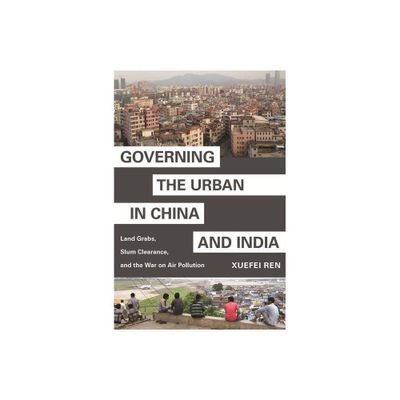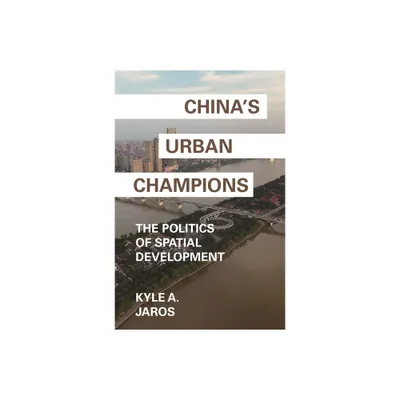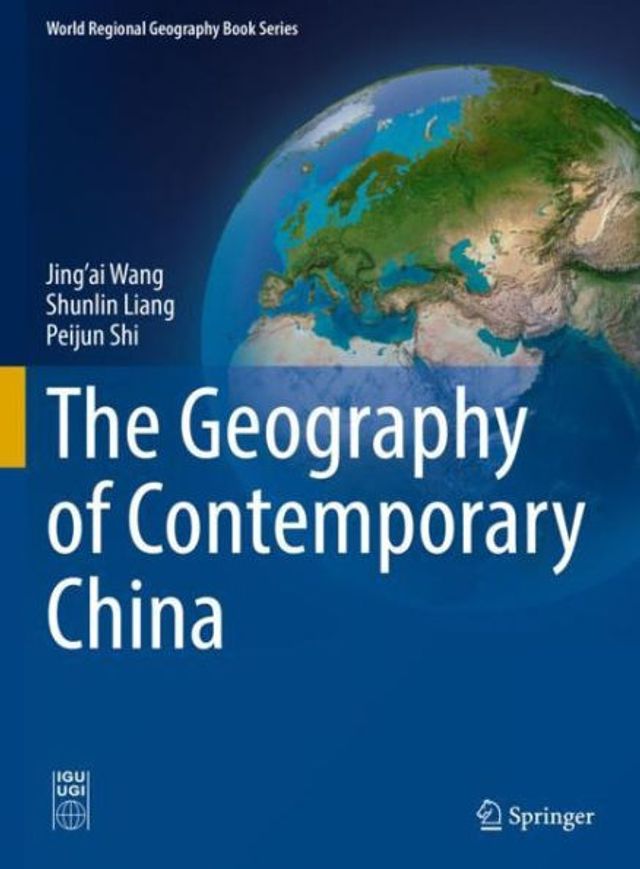Home
Disputes Resolution Urban Communities Contemporary China
Loading Inventory...
Barnes and Noble
Disputes Resolution Urban Communities Contemporary China
Current price: $109.99


Barnes and Noble
Disputes Resolution Urban Communities Contemporary China
Current price: $109.99
Loading Inventory...
Size: Hardcover
*Product Information may vary - to confirm product availability, pricing, and additional information please contact Barnes and Noble
This book explains the causes, process, and results of group disputes in urban communities (the empirical experiences from Shanghai) in China. It explores the means and characteristics of as well as the differences in conflict resolution in various forms of state–society relations, particularly the ways of dealing with and resolving disputes concerning mass incidents involving government interests in China’s current social transformation period. It also analyzes how people’s mediation organizations interact with the local government when managing and defusing collective disputes.
Combining the relevant theories and five conflict resolution measurement models created by Blake and Mouton (1964), this book explains the current interaction model and cooperation mechanism between the state and social organizations in China. To do so, it examines the role of the Lin Le People’s Mediation Workroom in dealing with community collective disputes and the respective action strategies and constraints. The book argues that the current state–social relations in China are not centered on society or the state, but on “state-led social pluralism.”
Combining the relevant theories and five conflict resolution measurement models created by Blake and Mouton (1964), this book explains the current interaction model and cooperation mechanism between the state and social organizations in China. To do so, it examines the role of the Lin Le People’s Mediation Workroom in dealing with community collective disputes and the respective action strategies and constraints. The book argues that the current state–social relations in China are not centered on society or the state, but on “state-led social pluralism.”


















